Keynote Speakers
Prof. Dr. Xile Hu, EPFL, Switzerland
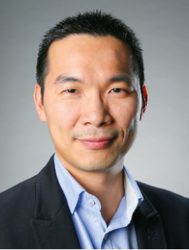
Xile Hu is a professor of chemistry at the Institute of Chemical Sciences and Engineering at the École Polytechnique Fédérale de Lausanne (EPFL) in Switzerland. His research aim is the development of catalysts for chemical transformations important in areas of chemical synthesis, energy and sustainability, using earth-abundant elements. His group focuses on base metal catalyzed organic synthesis, artificial enzymes, biocatalysis, electrochemical water splitting and CO2 reduction, fuel cell catalysis, as well as anion exchange membrane-based energy devices.
Prof. Dr. Sven Schneider, Georg-August-Universität Göttingen
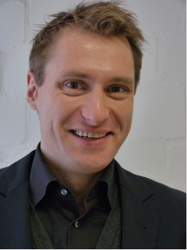
Sven Schneider’s group at Universität Göttingen is interested in developing transition metal catalysts for processes such as C-H bond activation, transformations of inert small molecules (e.g., nitrogen fixation under ambient conditions), or hydrogen storage applications. Apart from synthesis, the group characterizes their compounds by a variety of spectroscopic methods, electrochemistry, and supplements their experimental work with computational studies to rationalize the observed reactivity.
Prof. Dr. Ulf-Peter Apfel, RUB, Frauenhofer Umsicht
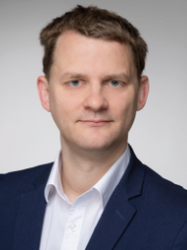
Ulf-Peter Apfel is a professor of inorganic chemistry at the Ruhr Universität Bochum and leads the department for electrosynthesis at the Fraunhofer UMSICHT. Research in his group is focused on important sustainable energy topics such as green hydrogen production, conversion of excess CO2, and electrification of organic reactions. Working at the interface between chemistry and engineering, his group is interested in a wide range of aspects of electrolysis – from elucidating fundamental mechanisms of molecular electrocatalysts and developing new electrocatalytic processes, to scaling towards large-scale industrial application.
Prof. Dr. Ala Bunescu, University of Bonn
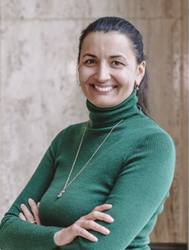
Dr. Ala Bunescu is a Junior Professor at the Kekulé Institute for Organic Chemistry and Biochemistry at the University of Bonn. She specializes in transition metal catalysis and photocatalysis, developing new strategies to access value-added organic molecules from ready-available starting material with minimal economic and ecological impacts. Her research includes projects directly replacing carbon-hydrogen bonds with desired functional groups by activating the aromatic ring via π-complexation with earth-abundant transition metals and Fe-photocatalyzed valorization of carboxylic acid functionalities by leveraging light-induced intramolecular electron transfer.
Invited Speakers
Prof Dr. Murielle Delley, University of Basel, Switzerland
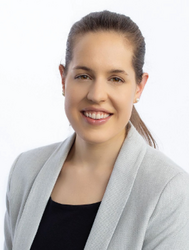
Together with her group, Prof. Delley is working towards tackling challenges in the area of heterogeneous catalysis through a fundamental understanding of chemistry at the interface. Her main research focus is developing inorganic materials that can serve as selective catalysts for chemical transformations, and exploring the use of electric fields for controlling catalysis. In their investigations, the Delley group utilize an array of advanced surface-enhanced spectroscopic techniques, also in combination with thermal and electrochemical methods.
Dr. Maxie Roessler, Imperial College London, UK
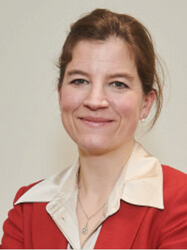
Dr. Maxie Roessler is a group leader at Imperial College London´s Department of Chemistry. She leads a team dedicated to exploring the chemical mechanisms of fundamental biological reactions, primarily focusing on redox reactions essential to life chemistry. Her research uses of EPR Spectroscopy to investigate the impact of oxidation state changes, and the importance of biological membranes, on processes such as respiration and photosynthesis. Additionally, the team is developing a new film-electrochemical EPR (FE-EPR) technique to observe radical evolution during redox and catalytic reactions in real-time, offering in-depth mechanistic insights.
Prof. Dr. Inke Siewert, Georg-August-Universität Göttingen

Inke Siewert is Professor of Inorganic Chemistry at the Georg-August-Universität Göttingen. Research in her group focusses on molecular electrochemistry as more sustainable method to facilitate chemical redox transformations. The group develops metal and non-metal compounds enabling proton-coupled electron transfer reactions as common key step in small molecule activation such as CO2 reduction, and in electroorganic synthesis. Further, electroanalytical tools such as CV or spectroelectrochemistry are applied to deduce key mechanistic steps of electrochemically triggered redox reactions enabling the design of improved or new synthetic methods.
Dr. Gustavo Troiano Feliciano, MPI für Kohlenforschung
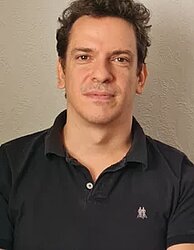
information will follow soon
Industry Speakers
Covestro, Leverkusen, Dr. Gabriele Ahlers
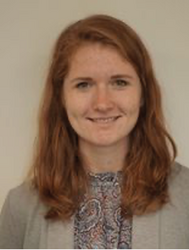
Covestro is a world-leading supplier of high-tech polymer materials. Covestro's products and application solutions are used in many areas of modern life - from mobility and construction to electronics and healthcare. As a driver of innovation, Covestro uses cutting-edge digital research and development capabilities for enabling more efficient and sustainable product and process R&D. As a representative of Covestro’s Digital R&D Department, Dr. Gabriele Ahlers will share insights how Covestro R&D employs advanced computational chemistry to accelerate innovation and drive sustainability.
C1 Green Chemicals, Berlin, Dr. Thorsten Rösler
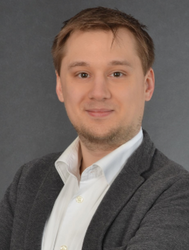
C1 is a start-up company based in Berlin, developing catalytic production processes for green and circular methanol economy, by combining quantum-chemical simulations and laboratory experimental data. At present, the company is operating world’s first industrial-grade pilot plant for a cost-efficient green methanol production, using homogeneous catalysis. Dr. Thorsten Rösler, chemist for pilot projects, is working on transferring reactions from the laboratory to the industry pilot project scale.
ExxonMobil Chemical Europe LLC, Belgium, Dr. Helge Jaensch
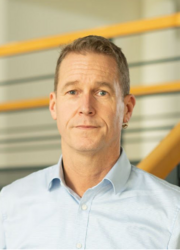
Exxon Mobil Corporation is a multinational company, operating in more than 60 countries, providing fuels and chemicals that the global economy requires to make modern life possible and support human progress, while also offering lower-emission solutions. Helge Jaensch currently holds the position of Principal Scientist for Catalysis Sciences in ExxonMobil’s Technology and Engineering organization.


